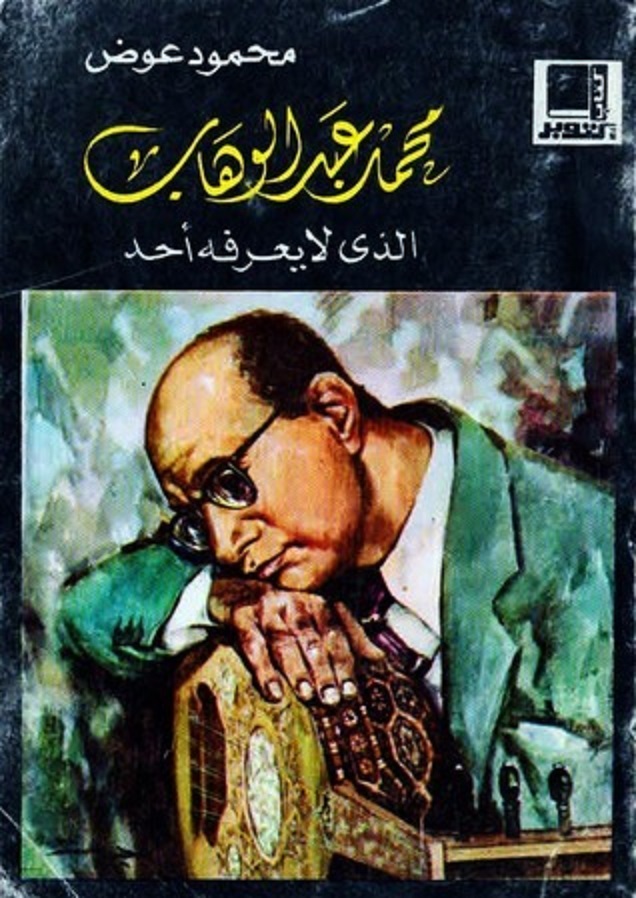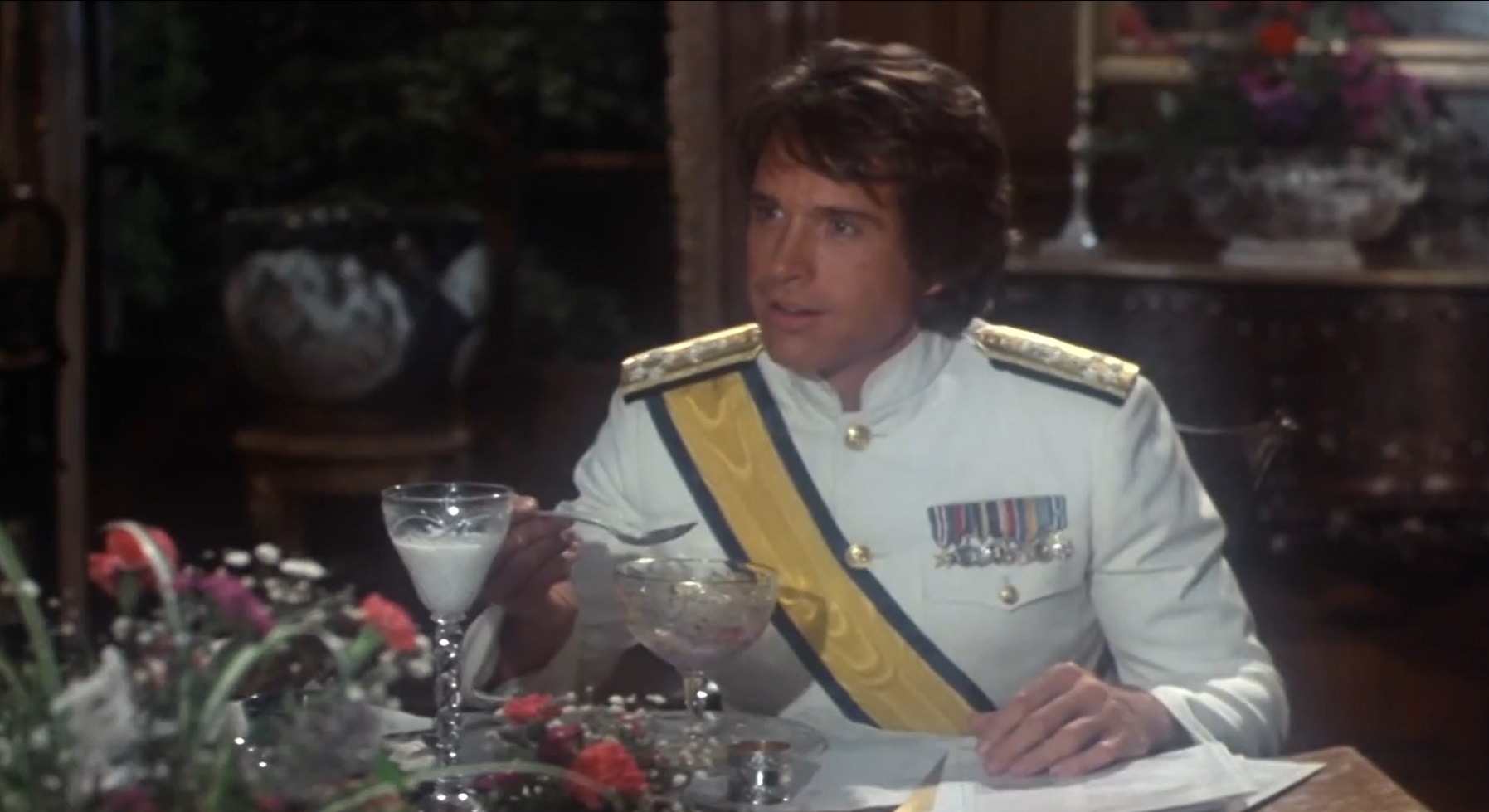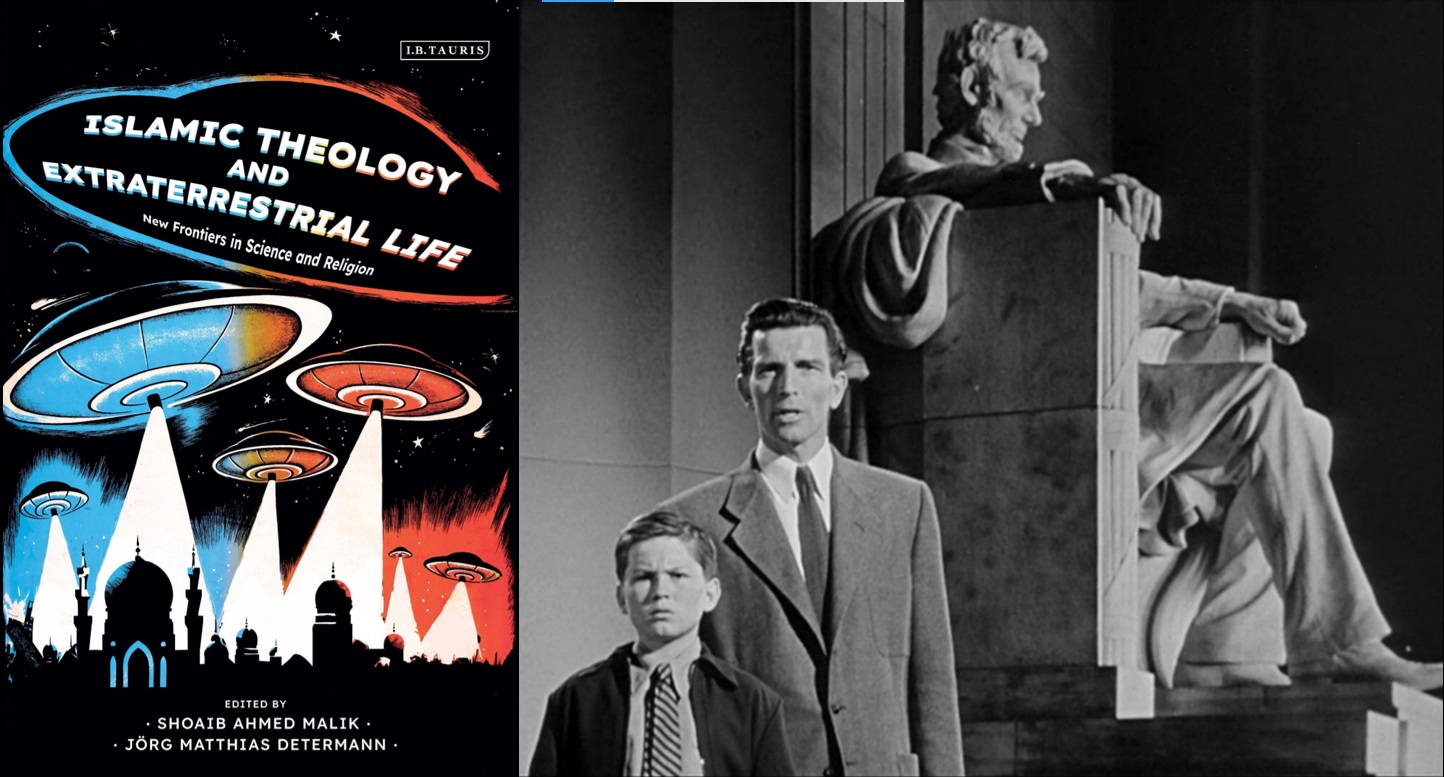
I was attending a conference the other day that discussed a wide range of topics related to pop art and culture in Egypt, and the keynote address by Frédéric Lagrange jogged a memory or two, or three.
By Emad Aysha
The first was a biographical study by Mahmoud Awad on none other than Muhammad Abdel Wahab (محمد عبد الوهاب الذي لا يعرفه أحد, 1971), with the culmination of the text being an actual interview conducted with the great musician on the future of Arabic music.
What was Abdel Wahab’s prognosis? That Arabic music had no future! I kid you not. (Imagine if that interview had been done today.)
Egyptian music lovers often credit Abdel Wahab with extracting the distinctly Egyptian tunes from what was originally Turkish instrumental music. At the same time, he is also praised for modernising or even cosmopolitanising it by introducing Tango and Vals into it.
Read the book and you will discover that he wanted to reorganise Arabic music along harmonic lines, similar to European music. He insisted that this would not harm the authenticity of Egyptian or Arabic music in the slightest because Greek and German music were both modern but sounded nothing like each other.
Arabic music is also notoriously monophonic, with the orchestra following the singer’s voice, whereas European music is polyphonic, with the conductor in charge. One can’t fault the man for his mission in life, which the rest of the country either didn’t share or ultimately reneged on. This leads me to another set of disjointed memories.
Namely, the movie Amadeus (1984), winner of 8 Academy Awards, and I watched the 3-hour director’s cut. The storyline is fictional, mainly, according to History Buffs, told from the point of view of a trenchant rival to Mozart, the Italian Antonio Salieri (F. Murray Abraham).

TRADITION'S MAN: The envious man himself, Salieri (F. Murray Abraham), giving Italians a bad name in the game of nations.
The man is old and senile, blaming himself for Mozart’s premature death, which he indirectly caused by ruining his career. In the movie, he was even planning to actually murder him, after tricking the young man into composing his own Death Mass to play it at Mozart’s funeral and claim it for himself!
That’s not actually what impressed me the most about the movie. Such jealousies are legendary in Egypt—Abdel Wahab and Umm Kulthum, Umm Kulthum and Munira Al-Mahdiya, Abdel Halim Hafez and Farid al-Atrash. What I was happiest about was that most of Salieri’s (fictional) plots against him failed!
That’s not due to any lack of cunning, but rather the fact that there were written rules governing how things were done in Austria at the time – promotions and appointments – and the elites of the time were actually quite enlightened and easy to talk to.
Emperor Joseph II (Jeffrey Jones) is portrayed as stuffy and talentless. Still, when Mozart gets into a pickle, adapting a banned text to the theatre, the composer nonetheless perseveres when he reasons with the emperor. He explains that he means no malice and impresses him with the musical innovations he’s developed for the play.
For his part, Mozart’s own story has parallels with Abdel Wahab, as he had previously convinced the emperor, against the advice of the Italians, to have an opera performed in German. It’s not the most rhythmical language out there, especially compared to such a musical tongue as Italian. Nonetheless, when you hear his operas, the delicacy of the words takes you over.
The emperor himself was partial to the idea as a nationalist, wanting to put Austria on the map culturally. The whole reason he imported the Italians in the first place was that his generation was such a patron of the arts.
That’s precisely what Abdel Wahab was talking about: German music not having the same tonality as Italian music but being built on the same harmonic and distinctly European principles.
That could have happened here, but sadly didn’t. I suppose we can chalk this down to the 1952 revolution and nationalistic songs pushed by Abdel Halim and Um Khalthoum, again, with Abdel Wahab being left out of the loop. Monophonic traditions reigned supreme, and the modern pop scene hasn’t done anything to change that, only making things worse with crude language and egomania.
Another point here about Mozart. In this movie, Tom Hulce portrays him as vulgar and a spoilt brat, and it seems in real life the composer was even worse than that, with endless references to farting and pooping. Now, wouldn’t you know it, some of the earliest folk songs cited by Frédéric Lagrange had some vulgar references too, such as drugs and overdosing.

BRAT PATROL: Mozart played by the pip-squeak Tom Hulce. Can't image why someone like Salieri would hate him!
Nonetheless, the singers back then knew how to keep a tune and sing on behalf of the nation, against the British occupier or local collaborators. They also blended local dialects with classical Arabic, resulting in different versions of the same song. It all sounded right, just as Mozart's most obscene songs sound lovely and even poetic in German!
Seems science fiction isn't the only way to chart a course for the future. Music counts too.
It’s all a lesson in how you build up a nation, from the bottom-up, true enough, but with a very active helping hand from the top-down. You find your unique sound, elites endorse it, and then others will imitate it, and you have your own musical nation.
What you don’t have is a purely top-down process managed by tasteless, tactless bureaucrats that kills creativity. The opposite is also true, with a strictly bottom-up process where the most commercially successful pull everything down with them – the situation we’re in now.
Drugs in the past were the exception in our music, a tongue-in-cheek joke. Now they’re the explicit norm, with anybody who doesn’t conform getting character assassinated.
Realism, moreover, is no excuse. That applies to lyrics, but not music, let alone the poetry of the words. Remember Mozart’s obscene songs?
As Mozart explained to the emperor, I may be vulgar, but my music isn’t. Listening to the conference speakers, you got the distinct impression this culture of vulgarity was being deliberately stoked, to befuddle women’s aspirations and to pander to the anti-intellectual mob.
But typically with no strategy in mind, forcing us into a dizzying seesaw of too much of this and too much of that – elitist snobbery and vulgar debasement all at the same time.

HARMONY LOST: The aforementioned biography of Abhdel Wahab, still the victim of mob aspirations.
If poor Abdel Wahab were around now, he’d be in the loony bin with Salieri, composing his own Arab Death Mass!
Special thanks to the “Mainstreaming the Margins & Marginalising the Mainstream in Contemporary Egyptian Culture” conference, CEDEJ, (26-28 October).






